Self-assessment is a system HMRC uses to collect tax. Tax is usually deducted automatically from wages and pension through the PAYE system. Taxpayers with other income sources including self-employment must report this income to HMRC in an annual tax return.
Self-assessment applies to individuals who meet these criteria:
• Self-employed individuals with earnings over £1,000.
• Partners in business partnerships.
• Company directors earning untaxed income (e.g., dividends, rent, interest).
• Landlords with property income exceeding the £1,000 property allowance or rent-a-room relief.
• Individuals earning over £100,000 (soon to be £150,000 for the 2023/24 tax year).
• Those with investment income of £10,000 or more.
• Employees seeking relief for employment expenses exceeding £2,500 (or submitting Form P87 for expenses below £2,500).
• Individuals who received certain COVID-19 grants, necessitating repayment.
• Households receiving child benefit, where a member earns above £50,000, incurring a child benefit income tax charge.
• Individuals with savings income surpassing the personal savings allowance.
• Individuals with dividend income beyond the dividend allowance.
• Those with foreign income subject to UK tax.
• Non-residents with untaxed UK income.
• Individuals with excess pension contributions resulting in a yearly allowance tax charge.
• Receivers of trust, settlement, or estate income, subject to income tax (repayment can also arise).
• Individuals with capital gains tax (CGT) obligations, including sales of assets above £50,000 (for 2023/24) or taxable gains surpassing the CGT annual exempt amount (£6,000).
HMRC won’t notify you about the need for a tax return; it’s the individual who is responsible to determine qualification – an online HMRC checker can assist you in this process and notification needs to be by 6 October following the end of the relevant tax year.
Alternatively, for correct and on-time self-assessment, consider contacting a member of the team at CB Reid.

